Introversion is often out of sync with the professional scenarios we can find ourselves in as leaders and managers.
There’s no sugar coating it: too often those of us more inclined to introversion encounter disadvantages not experienced by our more extrovert counterparts.
In fact, only two per cent of introverts ever make it to a senior executive level while extroverts are more likely to be the biggest earners, even though studies reveal that introverts often outperform extroverts.
If this is an experience reflected in your organisation, you could be missing a huge opportunity to release the potential of the introverts in your team.
Interestingly, the pandemic has undone much of what we once took for granted in our professional lives…we’re now working alone, in our own homes, away from the open-plan busyness of the modern office and we’re communicating more using channels such as email, digital messages and video conferencing.
The positive traits usually exhibited by the extroverts in your team may be subdued away from the socialness of the office, while introverts might be finding their voice, comfortable in their solitude.
Indeed, according to a study conducted by Danièle A. Gubler and colleagues (2020), introversion could prove to be a very beneficial trait during the pandemic so we should learn how to harness its benefits.
So what about your team?
Since the pandemic started, have you started to hear different voices, new ideas and a greater diversity of thinking being shared digitally? Are you getting surprising input from some of your team members by having 1-to-1’s rather than team meets or working in smaller rather than larger groups? Have you suddenly noticed some new up-and-coming stars during the pandemic who weren’t previously on your radar?
Have you started to hear different voices... have you suddenly noticed some new up-and-coming stars?
If yes, these might be the introverts in your team rising to the top and it’s your job to keep them there.
To build on this new momentum you’re seeing from your more introverted team members, you need to adopt a leadership approach that will encourage even more confidence and a continued appetite to contribute.
Operational CoachingTM is a leadership approach that can really help you get the most out of everyone in your team, and for introverts, it could be your lifeline.
STAR® is the first model is designed solely to help managers to change their habitual management style and embrace more of an ‘Enquiry-Led Approach (ELA®)’.
You can revolutionise the way you engage with the introverts in your team
Since the pandemic started, have you started to hear different voices, new ideas and a greater diversity of thinking being shared digitally? Are you getting surprising input from some of your team members by having 1-to-1’s rather than team meets or working in smaller rather than larger groups? Have you suddenly noticed some new up-and-coming stars during the pandemic who weren’t previously on your radar?
An Operational CoachingTM conversation can take place in person, over the phone, or online so there’s nothing stopping you from finding out what works for your more introverted team member and taking action to encourage more dialogue between you.
The award-winning 100% virtual STAR® Manager programme is the easiest and quickest way you can become an effective Operational Coach because you can start straight away and work through the programme at your own pace without any downtime.
(Incidentally, its blended virtual nature is the perfect management development programme for introverts too!)
In the programme, you’ll learn how to put aside your tendency to tell people what to do, which might otherwise discourage your introverted colleagues from speaking up, and get really good at asking very powerful questions instead.
These questions stimulate thinking and generate really different and unexpected responses from those who are otherwise unlikely to freely volunteer information without invitation.
You’ll also hone your listening skills, which will ensure you stop overlooking the contributions of the quieter voices in your team and start leveraging the much richer ideas and dialogue that will emerge.


